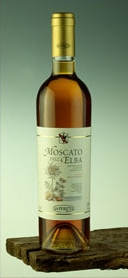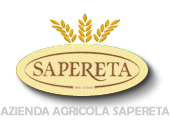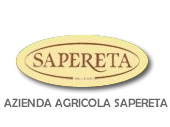Moscato passito dell’Elba D.O.C. wine made with organic grapes

With the Aleatico it is the most celebrated of all Elba Island wines. They are the two gems of Elban oenology. The vineyards are quite young due to the fact that until a few years ago the production and sale of this wine, for “bureaucratic problems”, was not all that legal! In fact the name of this vine was excluded from the List of authorised and recommended vines of our province. Hence, until 1990, it could not be cultivated. Moscato is an aromatic vine, widespread in Italy, which is obtained from a white grape with an average size white berry that is round, sweet and perfumed upon early ripening (late August, first week in September). Only these grapes, rigorously selected when picked and raisined for a certain time, can produce the rarest among the wines of the Elba Island.
Production zone
The grapes are picked in the vineyards around the National Park of the Archipelago. The well-exposed vineyards in “Mola”,”Gelsarello” and “Pontecchio” are property of the farm. They slope gently to the lowland and are well-exposed in a south-south easterly direction.
Soils
Poor, clayey and gravelly.
Grapes used
The precocious nature of the grapes and the normal arid conditions in summer allow the harvest in late August. Obtained from the pure vinification of Moscato grapes, it is a clone that has been suited for centuries to the pedoclimatic conditions of Elba Island and selected on the farm. Average production of grape per hectare: 50 tons of grape. Wine yield 30%. Grape cultivation: Spurred cordon.
Production technique
The unique characteristic of this wine is that the grapes, which are picked in small open crates with openings also on the bottom (max 9/10 Kg.), are raisined for at least 15/20 dys. on drying racks at a height of 1 metre from the ground. The raisining process done in the shade produces a series of phenomena: first and foremost the evaporation of the water inside the berry and a concentration of the sugars and all the other substances present. The raisining process is the most delicate moment of production. The fermentation process with maceration varies from 10/15 dys. After the skins are pressed, the fermentation process continues slowly until it stops naturally, exceeding 13/14% of alcoholic content, leaving a minimum sugary residue of 150/200 g/L. The grape yield into wine does not exceed 25/30%. It possesses unrivalled traits of fullness and intensity.
Organoleptic characteristics
- Colour: amber, more or less intense.
- Fragrance: strong, pleasant and intense, characteristic fragrance of moscato, strongly aromatic and penetrating.
- Flavour: initially sweet and generous, it leaves room for a lingering note of apricot, white peach and dry fruit.
- Alcoholic content: 14% vol.
- Recommended serving temperature: 16°-18° C.
- Recommended glass: Small, short-stemmed.
Label
Eringio Marino. Typical Mediterranean species, which is often found along the edges of beaches or on sand dunes, of light blue/green sage colour.

